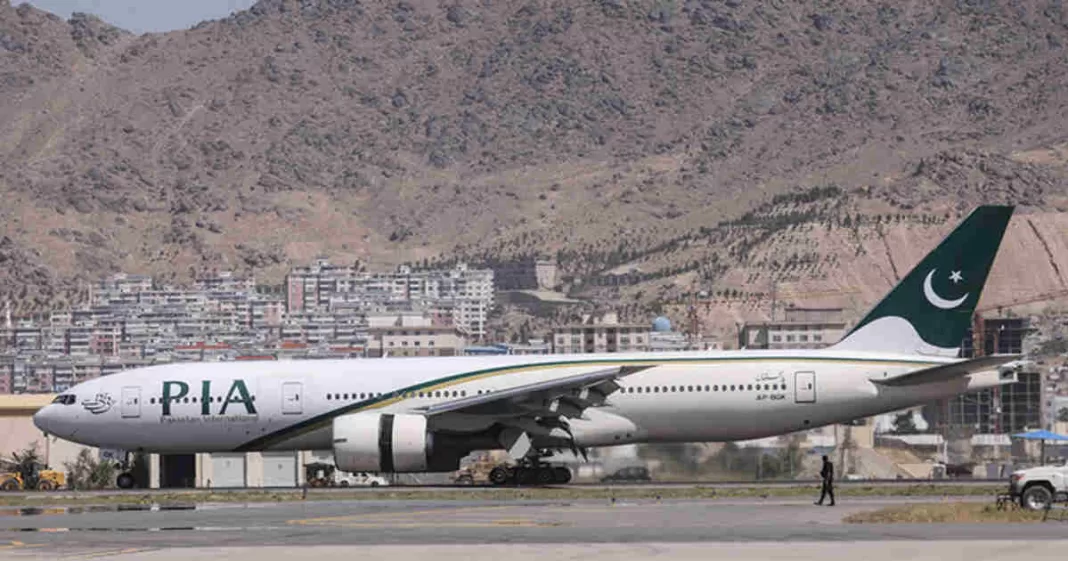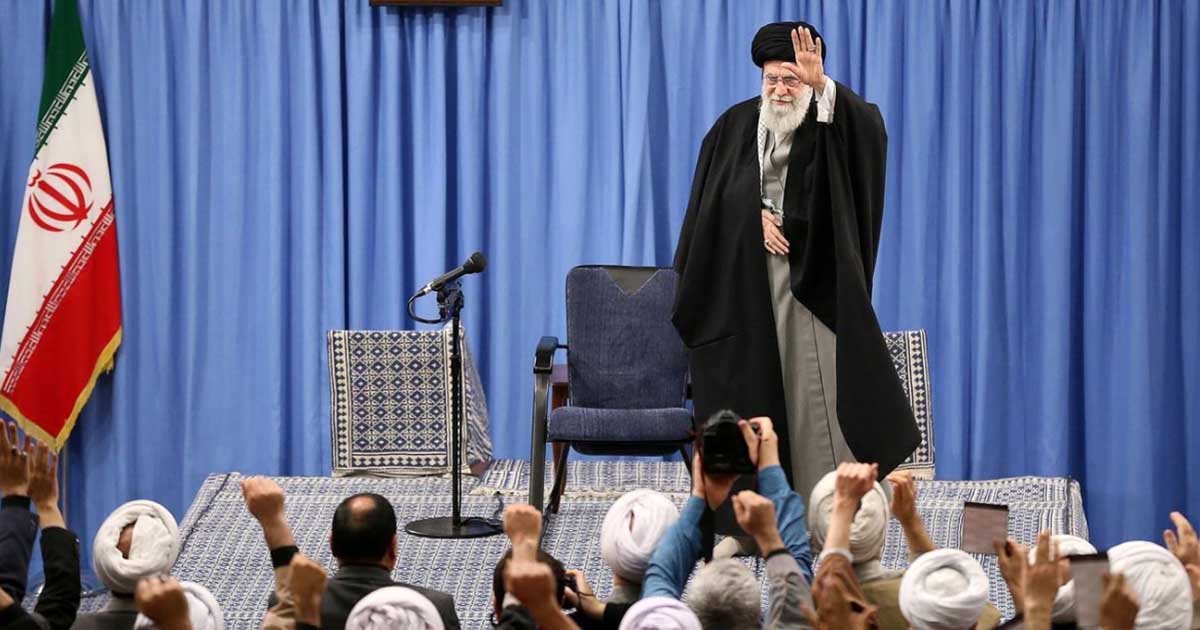Pakistan International Airlines (PIA), the national flag carrier of Pakistan, is currently facing severe financial issues that have raised concerns about the potential disruption or even suspension of its flight operations. In a desperate bid to sustain its operations, the airline has urgently sought an additional loan of over Rs7 billion.
PIA’s Plea to the Aviation Division
In a move to address these growing concerns, PIA’s administration has reached out to the Aviation Division, requesting immediate financial assistance in the form of a loan. The government of Pakistan’s guarantee includes an option for the airline to secure a loan of Rs7.5 billion, highlighting the gravity of the situation.
Read More: PML-N leader has called for PIA to be shutdown due to its operational inefficiencies
Banks Reluctant to Lend
A noteworthy aspect of PIA’s financial predicament is the reluctance of banks to provide a loan of Rs5 billion to the airline due to its severe financial problems. This underscores the significant challenges faced by PIA in securing the necessary funds to continue its operations.
Fuel Supply Disruption and PSO’s Refusal
The impact of PIA’s financial issues extends beyond loan rejections. It has also led to disruptions in fuel supply, notably in Jeddah and Dubai. The Pakistan State Oil (PSO), a state-owned oil marketing company, has refused to supply fuel to the airline. These challenges have added to PIA’s operational woes.
Threats to IATA Membership
Another pressing concern is the potential suspension of the International Air Transport Association (IATA) membership. This could have far-reaching consequences for PIA’s international operations, making it crucial for the airline to address its financial issues promptly.
Calls for Ministry of Finance Intervention
The Federal Board of Revenue (FBR) has issued notices to the airline, further compounding its problems. PIA’s plea to the Ministry of Finance for immediate intervention underscores the urgency of the situation. The airline has requested that banks provide a loan of Rs7.5 billion under the government’s guarantee, emphasizing the need for swift action.
Government’s Commitment to Keeping PIA Afloat
Despite the dire financial straits, the government of Pakistan has expressed its commitment to keeping PIA in the skies. The caretaker privatization minister, Fawad Hassan Fawad, announced that the government would not ground the airline, even though it is the highest loss-making enterprise. The government has also assured that no employees will be laid off, even in the event of privatization.
Balancing Act in the Face of Crisis
The statements made by government officials appear to be aimed at pacifying various interest groups and lobbies that are advocating for the survival of PIA. Despite the airline’s severe financial crisis, there is a determination to find a way to keep it flying.
PIA’s Debt Restructuring
PIA had previously requested a moratorium on its domestic debt repayments to bridge a substantial annual deficit of Rs153 billion between its sales and essential expenditures. The airline and the Ministry of Finance were in discussions about restructuring domestic debts of around Rs260 billion owed to nine commercial banks. The government is reviewing a plan shared by PIA, which primarily focuses on debt restructuring and blocking tax payments to the FBR. However, critics argue that it does little to address the airline’s administrative issues.
Government’s Role in PIA’s Future
With the government holding a significant 92% stake in PIA, it remains committed to supporting the airline. The interim Finance Minister, Dr. Shamshad Akhtar, emphasized that the government is prepared to restructure PIA’s debt if needed, although the final decision lies with the privatization minister.
Read More: PIA receives Rs 1 Billion from CAA amid financial woes
Pakistan International Airlines is at a critical juncture in its history, as it grapples with severe financial issues that threaten its very existence. While the government has pledged to keep the airline operational, the road ahead remains uncertain. PIA’s financial struggles underscore the challenges faced by state-owned carriers in an increasingly competitive and turbulent global aviation industry. As stakeholders work to find a solution, the fate of PIA hangs in the balance, affecting not only the airline but also the passengers, employees, and the nation’s aviation industry as a whole.














